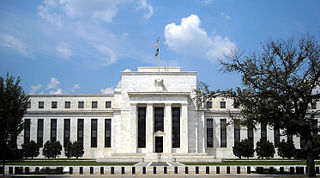 |
| Since 2008, the pound has lagged the euro. Image credit: Yahoo! Finance |
While the Brits are a party to the European Union, they are not a member of the Eurozone--they kept the British pound instead of transitioning to the euro note. As such, their monetary security should not be immediately affected by a collapse of the European currency. The British pat themselves on the back for this decision, especially (but not limited to) PM David Cameron and his ruling Conservative Party. But should they be so self-satisfied?
In a previous era, staying on the pound would have guaranteed a buffer against continental woes. But Britain's membership in the European Common Market--and the simple matter of their geographically-defined exposure to the European economy--guarantees that the UK would be hit hard by the disruption in trade and finance that would likely follow the euro's implosion.
Moreover, one need only glance at the performance of three major currencies since 2008 to take a bit of polish off of the pound sterling: Britain's independent currency has underperformed both the US$ and the euro since the onset of the financial crisis (see top right).


